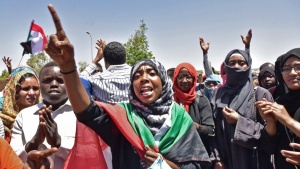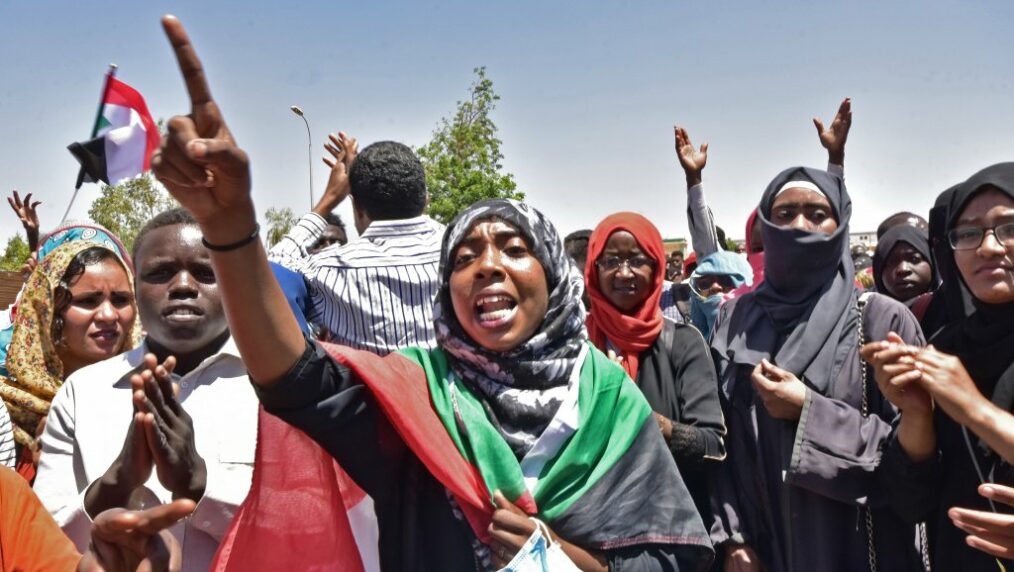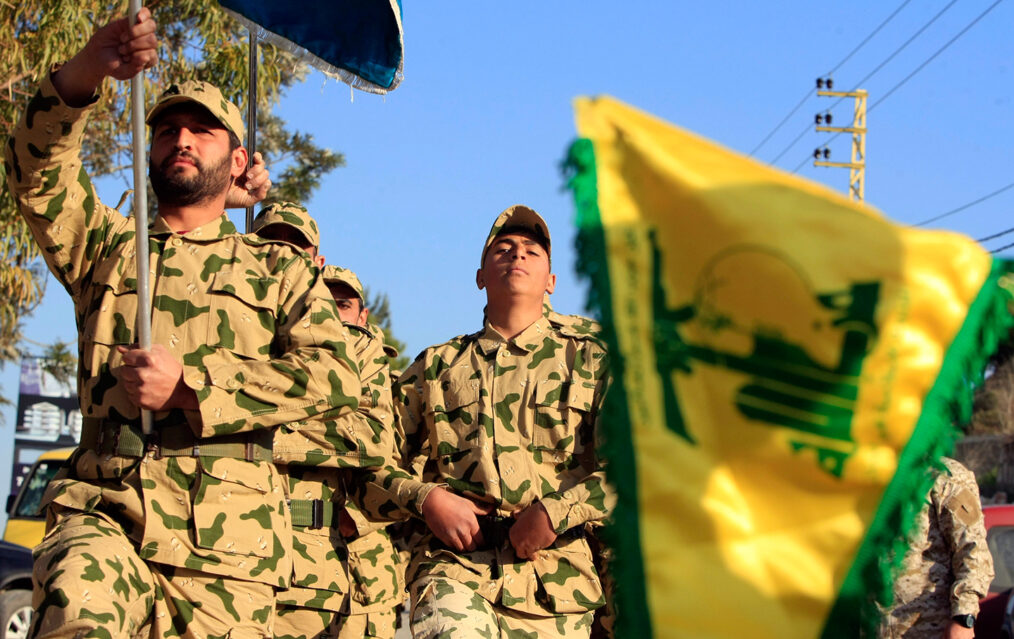
Photo Credit: Photographer Ahmed Mustafa of Agence France-Presse
“How Come My Heartbreak Isn’t Loud Enough?” This message signifies the calls of the Sudanese people who yearn for democracy. The issue is, few in the international community are aware as Sudan’s authoritarian regime restricts citizens’ access to the internet to deter pro-democratic demonstrations, and hide government actions against its own people. Sudan has many challenges to overcome to secure its democratic freedom and in order to do so, Khartoum must restore its digital freedom to share its struggle with the world.
Authoritarian regimes such as Gabon, Zimbabwe, Chad, and the Democratic Republic of the Congo have all blocked internet access to its citizens in the first three months of 2019. Sudan takes this repression a step further.
On April 3, a council of generals assumed power in the country against the wishes of democratic demonstrators who sought civilian rule. As a result, Sudan’s government shut down internet access to its citizens as a means to stop pro-democratic movements from mobilizing. Democratic movement activists are reduced to using text messages and secret meetings in order to organize and share information. This alternative process seems primitive compared to the share power of Twitter and Facebook.
Demonstrators engaged in a sit-in protest in Khartoum on June 3. The world did not seem to notice that this public activism turned violent when government forces used deadly force against protestors. Reports state that 30 anti-government protesters have been killed. Twitter users began to use and share the tag #BlueforSudan to spread awareness of the violent repression and support the Sudanane pro-democratic movement. Currently, Twitter users report closer to 500 deaths and 623 injured.
The blackout in the country appears to be working. With no video, pictures, or other forms of media coming from Khartoum, these atrocities are only verified by witness accounts. Major international media outlets seem weary to pick up the story.
Greater media coverage on the situation in Sudan is needed. Reporters and journalists are barred from entering the country however, there are additional means of information gathering. Al-Jazeera and NPR have both spoken to people about the occurrences, but additional coverage is required to increase awareness globally.
The United Nations Security Council recently debated the situation in Sudan and attempted to forward a unified bid condemning Sudanese actions. The draft was vetoed by China, with the backing of Russia and Kuwait, claiming it needed amendments. China claims it is an “internal issue”, while Russia asserts that the situation needed to be handled with extreme caution. Eight European nations condemned the actions by Sudan’s security forces, but as it stands, no formal action has been taken.
China typically defends Sudan’s government and its atrocities. An interest in Sudanese oil is linked to this stance. Since the discovery of oil in 1997, China invests heavily into the northeastern African nation and subsequently, defending it at the UN, even when action is needed. A transfer to a democratic framework puts Chinese oil imports in danger.
Following the coup this past April, Sudan announced that they will have a three year transfer to democracy. On June 4th, Sudan’s government said they will have a ballot box election in nine months. The fear is that this mode of election will be rigged to favor the current administration.
The UN conducts election monitoring, when assistance is specifically requested, and this presents an opportunity to ensure a fair election in Sudan. This mechanism is beneficial if citizens doubt the integrity their national electoral process and seek outside assistance. A UN representative from the particular state, a mandate from the Security Council or General Assembly (GA) can initiate this process also. A GA mandate would be ideal, seeing the Security Council’s recent blocking to condemn Sudan’s actions.
International media outlets must report on Sudan’s current democratic struggle so that the country can have free and fair elections. These actions are only possible if the Sudanese government lifts its restrictions on civilian media, primarily internet access, so that interest builds in the situation. Media organizations must seek additional means, such as establishment with reliable sources, despite information blocks. The global community would devote greater attention to the crisis in Khartoum, and create a unified front, if they knew the state violence conducted by the Sudanese government.






